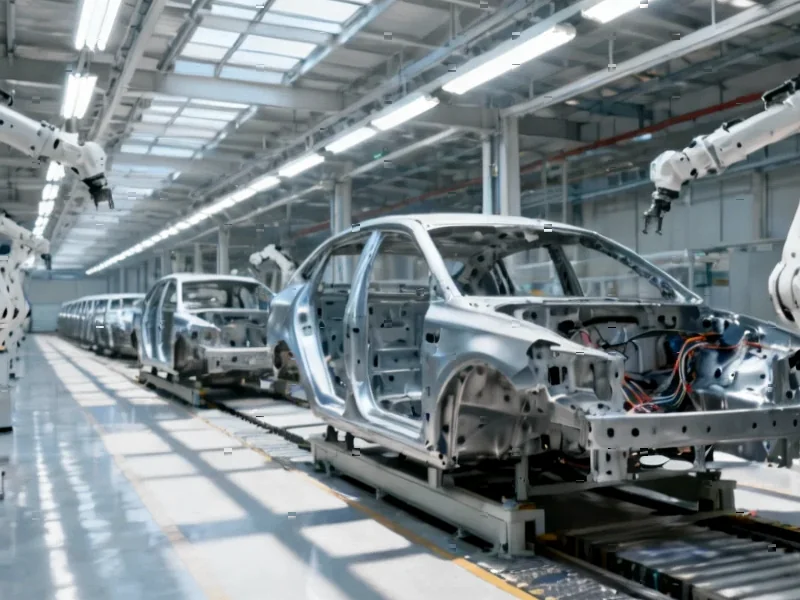According to CNBC, Rivian reports third-quarter results after the bell Tuesday, followed by Lucid on Wednesday. Both pure EV makers are expected to show revenue growth and narrower adjusted losses amid record U.S. EV sales. But they’ve already cut vehicle production guidance due to challenging market conditions, with Rivian also negatively changing its 2025 adjusted earnings and gross profit expectations. RBC Capital Markets analyst Tom Narayan says both companies are “really challenged” and he’s cautious about near-term upside for investors. The companies face industrywide issues including tariff costs and slower EV sales forecasts, plus company-specific problems and the end of federal consumer incentives.
<h2 id="profitability-reality“>The profitability problem
Here’s the thing that keeps investors up at night: these companies can’t seem to turn a profit. RBC’s Tom Narayan nailed it when he said “it’s all about the underlying profitability.” Both companies are burning through cash while trying to scale production, and the market’s patience is wearing thin. They’re caught in that classic startup trap – grow fast enough to matter, but not so fast that you burn through all your cash. And right now, the burn rate looks pretty scary.
Why everything got harder
Basically, the EV party is hitting some serious speed bumps. We’re seeing tariffs driving up costs across the board, and consumer demand isn’t growing as fast as everyone predicted. Remember when every automaker was falling over themselves to announce their EV transition plans? Yeah, well reality is setting in. The federal incentive changes haven’t helped either – when you’re selling premium EVs, losing that $7,500 tax credit really stings. So now these companies are trying to convince investors that better days are ahead while simultaneously cutting their production guidance. Not exactly confidence-inspiring.
The road ahead looks bumpy
Now comes the really hard part. Both companies need to show they have a path to sustainable profitability, not just revenue growth. Investors have heard the “we’ll be profitable soon” story before. The question is whether Rivian and Lucid can execute while the entire industry faces headwinds. Can they streamline operations? Reduce costs? Actually start making money on each vehicle they sell? Because at some point, the “we’re a growth company” excuse stops working. The market wants to see real progress toward profitability, not just promises.




